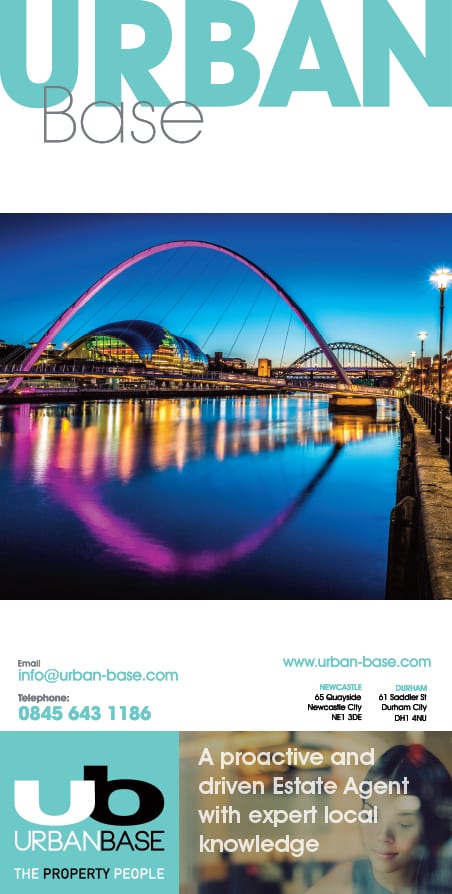By Neil Turner, Director, Howarth Litchfield
As I write this article, I am on a train on the way to London to start a new, exciting build project. The capital value of the project is large and considerably higher than a building of similar size, if built in the North East.
Even in the North East, the cost of construction has risen sharply in the last five years with a large number of factors affecting the build and development cost across all building types and values.
Planning has become more complex, time consuming and requires more ‘specialist’ reports than ever. This can add considerable cost (and complexity) to overall development costs.
Material costs have risen sharply since the pandemic and although now more stable, they remain high and will probably stay at the current levels. This is a major issue, and the building economy could benefit from some deflation in material costs to aid development.
The complexity of projects has increased. Services inside buildings have advanced in recent decades with mechanical and electrical elements now accounting for a quarter to a third of overall building costs. The complexity of building services systems are now comparable to those seen in most new cars which are heavily automated with every aspect of performance requiring specialist attention when there is a problem – from the opening and closing of doors and windows through to the heat recovery and air source boilers in buildings and homes – all are heavily electrical.
The achievement of carbon zero is now also a factor in the increased costs of design and construction. By considering all the aspects of delivering a new building with a low carbon footprint, the method of build (and inevitably this means materials, services and the costs of construction) has also increased.
Changes in building regulation standards will continue to evolve so that we must also design in cost to accommodate the necessary requirements of being more environmentally responsible.
Ecology and biodiversity credits add time, cost and complexity to the planning of new buildings. My hope is that a new government will look again at this measure and get a better balance between the ecology needs weighed against a desire to accelerate sensible development.
One element that hasn’t increased is consultant fees. But I sympathise with clients when they are paying so many different consultants for a wider range of activities. In fact, architects’ fees have reduced throughout my career – I note that without complaint, but as an observation. Whilst the role has changed, we still look to offer the quality of service, so when your development costs are higher don’t add your architect onto the complaints list!
So how do you keep the costs down? There are a few things you can do to try and mitigate the ever-increasing costs.
Keep it simple and avoid complexity, where possible. The joy of architecture is in interesting shapes and forms, but there is no doubt this only adds to the complexity and thus increases overall cost.
Material choices have never been more important and some of the simplest materials have seen significant cost increases in recent years. Choosing the right materials and then using them has never been more important.
The right design team choice is vital, too. Pick your team carefully and I would advise that you choose qualified and experienced professionals, so that they have a real knowledge of their markets, materials and contractors and can take a design to site.
Contractor selection is also vital, and your professional team should be able to advise on the procurement routes, contractor selection and integration. This is a key appointment.
Building and development is still possible and a huge part of our regional economy. Good design is always achievable, even with an increasingly challenging list of ‘must haves’.
My final tip is perseverance – and you will be rewarded!
Neil Turner, Director, Howarth Litchfield can be contacted on 0191 3849470 or email n.turner@hlpuk.com
www.howarthlitchfield.com


